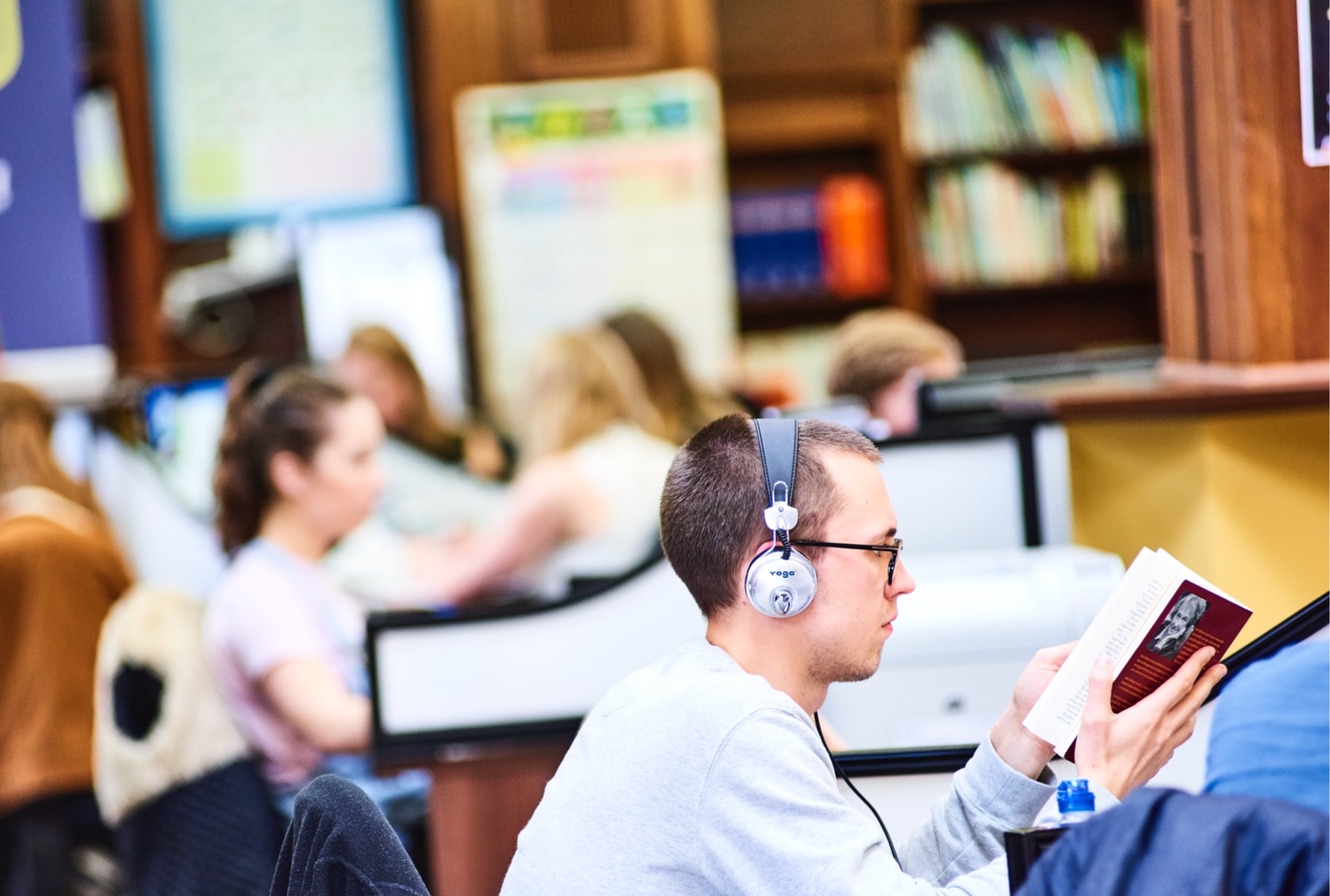Language Education
We seek to develop theory and professional practice related to the acquisition, learning, teaching and testing of second/additional languages.
Reflective practice and professional development
We have already developed many tools and procedures. Our aim is to help English language teachers to reflect on and improve their practice.
This has included the Self-Evaluation of Teacher Talk (SETT) model. More recently we combined this model with Video-Enhanced Observation (VEO) to result in the 'SETTVEO' app.
Using SETTVEO, we show how evidence-based reflections enhance professional development.
It gives teachers more to reflect on and to work with. Self-observation, accompanied with data, can promote detailed understandings of teaching and learning.
Digital technologies for language learning
We are also developing our Communities, Language and Activities app. This responsive web app offers a real-world immersive learning experience with task-based activities.
We also have a long history of using digital technologies for language learning. This includes our Digital Kitchen and ilab:learn.
Language testing
We lead on projects examining language testing. We have lots of experience with International English Language Testing System (IELTS) tests.
We have understanding of the discourse features of IELTS tests. We explore which features of candidate talk examiners focus on when scoring.
We have also tested what happens in IELTS tests when the candidate gets to ask questions of the examiner.
Classroom discourse
We also have a long history of expertise in classroom discourse and classroom interaction. Our researchers often use research methods such as Discourse Analysis and Conversation Analysis.
We are pioneers in understanding the role of spoken discourse and social interaction in successful language learning. It also helps the development of the concept of Classroom Interactional Competence.
Our research also explores a range of other topics which include:
- how to inform teaching practice through models of second language/bilingual development
- critical and creative thinking in foreign and second language education
- language learning and migration
- understanding patterns of language use in learners and teachers through corpus and discourse analysis
Current and recent research projects
- Communities, Languages and Activities App (ENACT), funded by Erasmus Plus (€270K), 2019-2022
- Digital kitchens for language learning
- Video Enhanced Observation Europa, funded by an Erasmus Plus KA2 Strategic Partnerships for School Education (€270K)
- Evidence-based reflection and teacher development, funded by ELTRA
- Critical Skills for Life and Work: Developing the Professional Intercultural Communicative Competence of Highly-Skilled Refugees Erasmus Plus-funded project, 2017-19
- Which English?, British Council English Language Teaching Award
- An examination of experienced online language teachers’ multimodal instruction-giving practices
- The acquisition and instruction of the English article system
